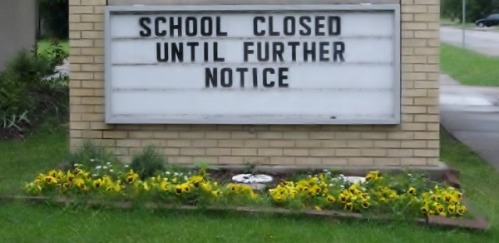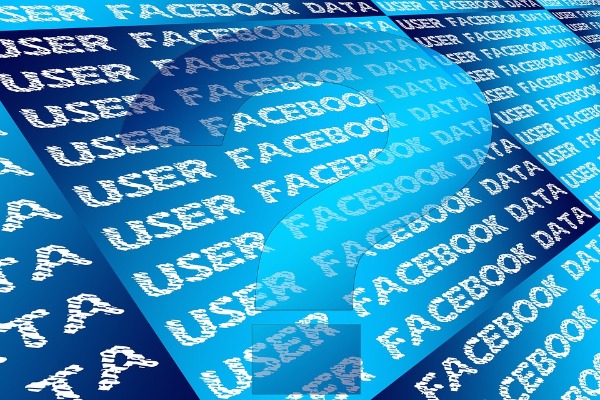COVID-19 Virus Gets Schools to Think About Online Learning

Photo by Melissa Baldwin via Flickr - modified - CC license
It's Monday morning in America and students are headed back to classrooms. Well, most of them are headed out to a school classroom. The COVID-19 virus (AKA coronavirus) has finally put some schools into motion to consider and try to set up online learning in the event that the school is closed.
Of course, if nothing is already in place, it's too late.
An NPR headline about K-12 education says "As Schools Close Because Of Coronavirus, Nearly 300 Million Kids Aren't In Class."
A NY Times headline on higher education states "First U.S. Colleges Close Classrooms as Virus Spreads. More Could Follow." It uses the University of Washington ias an example as they move to online classes for its 50,000 students. This week finds both K-12 and colleges starting spring break, which might be a break from the problem or a time to prepare for the possibility of not reopening after the break.
In my home state of New Jersey, the state posted a directive and "guidance" to schools. Local school officials are concerned about this public health emergency. The NJDOE will count days of home learning toward the requirement that districts provide 180 days of instruction. The risk of exposure to COVID-19 in New Jersey remains low at the moment but the possibility of mandated public health school closures is real.
The phrase "it's not a case of if but when" is being applied to COVID-19 but it also applies to less serious situations like natural disasters that close schools and even instances when teachers or students need to be home for extended periods.
Newbie schools will quickly learn that there is a lot more to online learning than "putting materials online." Some schools may be using software or a paid platform to post homework and other materials. That's not online learning. That's content management.
In preparing to move instruction online, it is too easily forgotten that training needs to be done for faculty and for students. I think back to the late 1990s when I first began teaching using the Internet and designing online courses. Both groups of users were not ready for it. Some students didn't even have the basic technology from a home computer, fast enough Internet and even smaller things like a microphone for a computer.
The software we used included a Course Management System (at first our CMS was WebCT at the college) and additional software for watching and recording video and audio and all of it became the major training activities for the instructional technology department I managed. We tried very hard not to be known as "the WebCT people."
I had started in K-12 education and when I left there at that time we had no online learning in place. Unfortunately, for many schools, they are not that much further along today.
Certainly, money is a factor. A school district that provides students with a laptop or tablet to take home has a big advantage over one where only some students have a computer and broadband at home. In the past two decades, not everyone has gotten online or is carrying a smartphone in their pocket.
Again, having the hardware, software, and content online is only part of the solution.
The college that doesn't offer online classes is rare today, but even more rare is the college that is prepared to go fully online with all its courses, students and faculty in an emergency.
It is sad and disappointing that it takes a possible pandemic for schools to think about how they would deal with a shutdown. The capability to provide instruction when there is a weather closing or other short-term emergency should be considered as important already.
Schools have made progress going online in the 21st century, but not enough.
 Researchers expected it a year and a half ago, but Facebook is finally giving researchers access to a lot of data. The data is about how users have shared information, including misinformation, about political events around the world.
Researchers expected it a year and a half ago, but Facebook is finally giving researchers access to a lot of data. The data is about how users have shared information, including misinformation, about political events around the world.